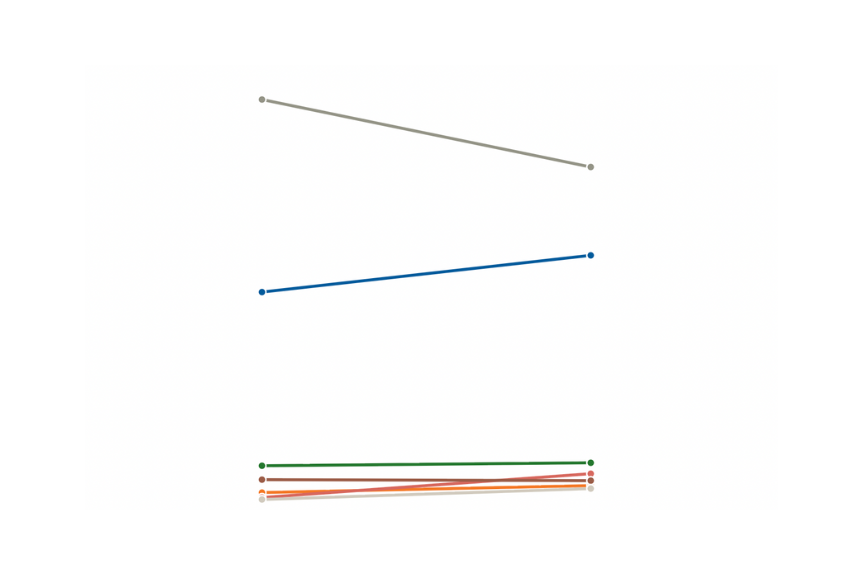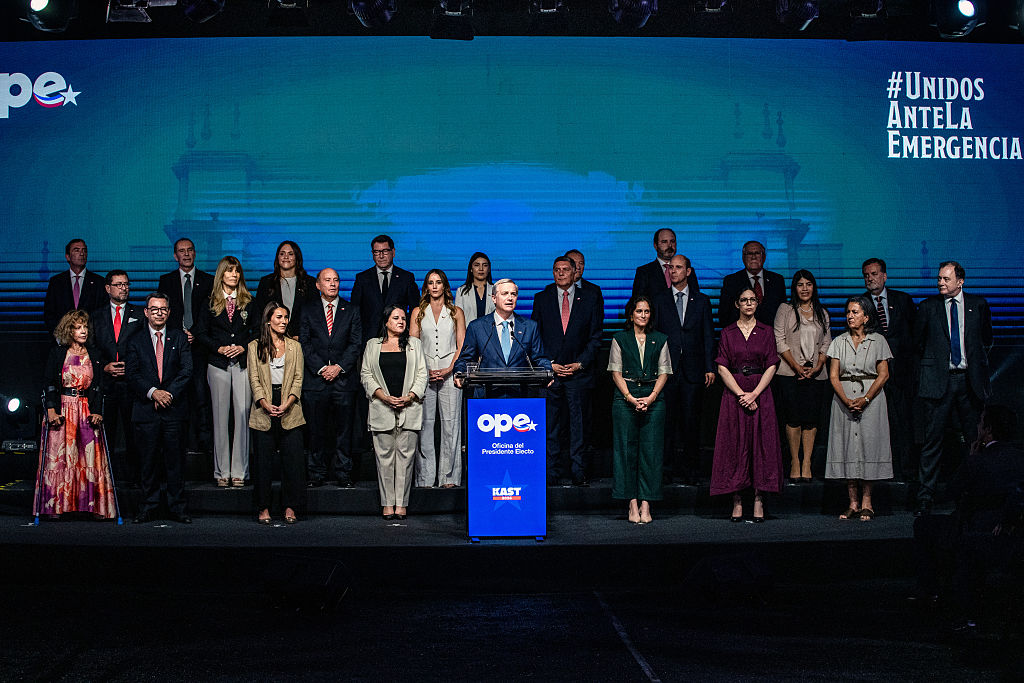Rousseff Picks Lose Policy Choices After Commodities Bust
Rousseff Picks Lose Policy Choices After Commodities Bust
The people that Dilma’s administration is appointing is a good signal that the Presidency is looking to make the economy a priority, comments COA’s Eric Farnsworth.
When Dilma Rousseff became Brazil’s first female president four years ago iron-ore prices were booming, Petroleo Brasileiro SA had just held the world’s biggest share sale and Eike Batista was wooing Wall Street.
Now, as she appoints new ministers for a second term, the commodities pendulum has swung. Iron’s slump is putting some producers out of business, Petrobras faces record debt amid a corruption scandal and plunging crude prices and Batista is trying to avoid going to jail on insider-trading charges. The China-like growth Rousseff leveraged to reduce poverty has evaporated and the first trade deficit in 14 years is looming.
For Brazil’s natural-resources industries, the end of the commodities super-cycle probably will come with a silver lining in the form of less onerous regulations and policies, said Joao Augusto de Castro Neves, an analyst at Eurasia Group.
“The people they’re appointing are good signals that show the Presidency is looking to make the economy a priority, recognizing that there are some challenges,” Farnsworth said by phone from Washington. “They’re going to have to make decisions on where they allocate the resources available....”








